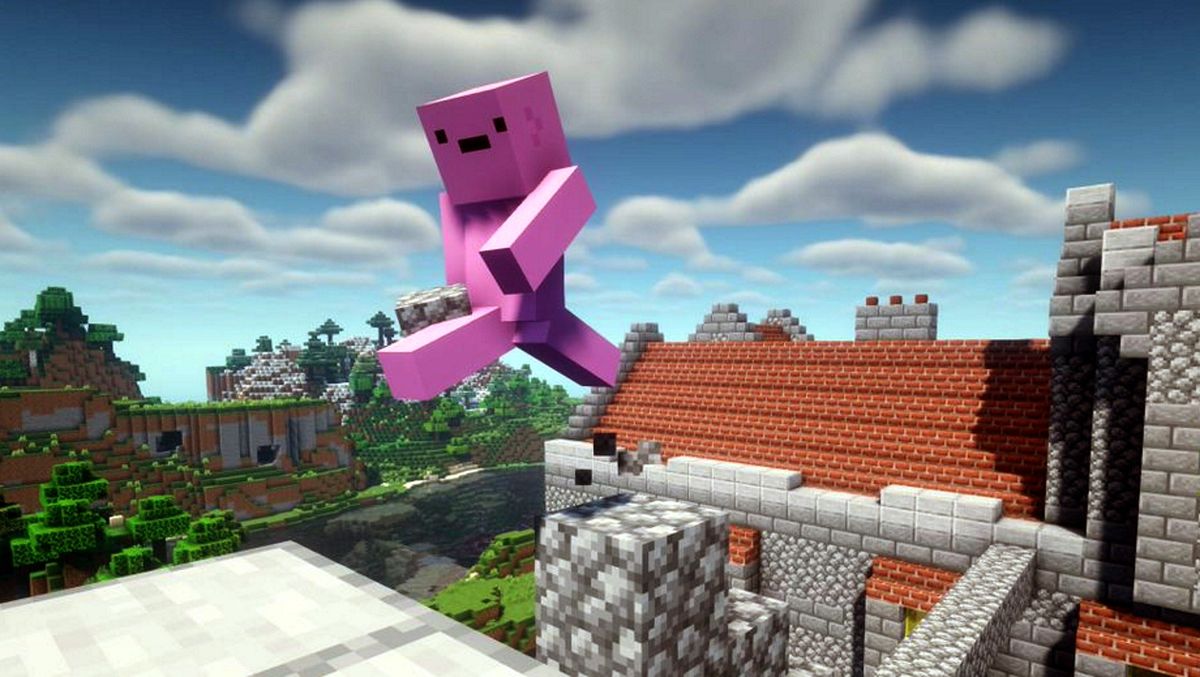AT&T today announced customers can pick different unlimited plans for each line on their account, following a similar strategy by competitor Verizon for mixing and matching unlimited data options.
The move isn’t entirely unexpected. Wave7 Research last month reported AT&T filed to trademark “AT&T Unlimited Your Way” – which is indeed the name of the new offer and Wave7 principal Jeff Moore had indicated a shift could be coming.
It applies to AT&T’s Start, Extra, and Elite Unlimited plans. For four lines, AT&T’s premium tier Elite plan starts at $50 per month per line and includes 30 GB of hotspot data and a hefty 100 GB of premium data, plus HBO Max. That compares to its entry level Starter at 4-lines for $35 per month per line for unlimited talk, text and data. All of the plans include access to AT&T’s low-band nationwide 5G with a compatible device.
The carrier is pitching both customization features and as a potential money saver. For example, AT&T said a family could have one member on the premium tier, one person on Extra, and two children on the Starter plan for $160 per month – a savings of about $40 per month compared to if everyone was on the highest Elite plan.
“This added flexibility is a good move by AT&T,” Moore, founder of Wave7 Research told Fierce via email. “Verizon has touted mixing and matching of unlimited plans heavily for a long time. No longer will this be a differentiator versus AT&T.”
RELATED: Industry Voices — Moore: Mixing and matching of postpaid plans gets entertaining
Verizon’s pursuit of its Mix & Match strategy has included a new unlimited lineup in August 2019; and this summer a “Mix and Match 3.0” campaign promoting the message of paying for what you need, which Wave7 said Verizon has been emphasizing since 2018. Last month the carrier added more entertainment options like ESPN+ and Hulu to its higher wireless tiers that include extra bells and whistles like Disney+ and Apple Music.
Speaking at an investor conference earlier this month about being able to monetize 5G, CEO Hans Vestberg noted well over 50% of customers are now on unlimited plans. He pointed to the introduction of its basic unlimited plan, which helps to move customers taking data usage-based (or metered) plans into the higher-value unlimited realm; with the aim of ultimately stepping up to premium plans, generating higher revenues per customer.
“The Mix & Match that we have built over the years has actually given the opportunity for our customer to take a journey with us into higher plans or to more sort of performance plans,” Vestberg said, according to a transcript (PDF).
RELATED: T-Mobile 5G unlimited offer ‘nothing new’ but still competitive – analysts
Ronan Dunne, chief of the Verizon Consumer Group, echoed similar sentiment at an investor event in September.
“We’re now in wave 3 in wireless of our mix and match proposition,” Dunne said, noting it drove more than half into unlimited tiers. “And within that, we’re seeing more of our customer move to the higher tiers to the premium plans.”
“That allows us to monetize things like 5G ultra-wideband, but it also allows us to transfer value to customers in a way where the cost to us is less than the value ascribed to the benefit,” Dunne said, according to a transcript. “So while I won’t go into the detail of any of my commercial arrangements, you can be sure I’m not paying retail for my Disney+.”
There was a resurgence of unlimited plans a few years back, along with questions about how to grow value and profits.
Dunne called out mixing and matching earlier this month, saying “we’re bringing value to our subscribers through a range of opportunities, particularly around this principle of mix and match, which allows our customers more of what they want and less of what they don’t.”
AT&T executives similarly have talked about seeing more step-ups in premium unlimited plans, particularly as 5G proliferates and the inclusion of its HBO Max streaming service.
RELATED: AT&T claims nationwide 5G with 40 new markets
AT&T’s foray into mix and matching unlimited plans also “could pressure T-Mobile to make a similar move,” so all three national carriers would have the option, according to Moore.
T-Mobile early introduced unlimited plans anew in 2016, initially with a low-cost offer that Sprint battled against. Verizon and AT&T followed not long after. After successfully completing its merger with Sprint this past April, T-Mobile over the summer refreshed its current unlimited options with an offer that some analysts categorized as competitive but nothing new.
Cable factor
It’s not just the nationwide carriers AT&T and Verizon – cable MVNOs have also had their eye on the mixing and matching trend, albeit with a slightly different tactic.
“[Comcast’s] Xfinity Mobile and [Charter’s] Spectrum Mobile have a different approach to mixing and matching, as they allow customers to put unlimited plans and ‘by the gig’ plans on the same bill,” Moore said via email, while AT&T and Verizon only mix and match within their respective unlimited options.
“Spectrum Mobile in particular has been marketing this heavily, with a TV ad claiming annual savings of 46% for a family of four, with two lines being unlimited and two lines on ‘by the gig’ plans,” he added.
Comcast and Charter mobile customers ride on Verizon’s LTE network, and both cable companies added wireless subscribers in the second quarter.
Comcast’s CEO recently outlined a three-pronged mobile strategy going forward, including access to new offerings like 5G as Verizon introduces them, and over time using its own wireless infrastructure to offload MVNO traffic and lower costs.








/https://specials-images.forbesimg.com/imageserve/5f71f8562983c74e7f10ecf9/0x0.jpg)




